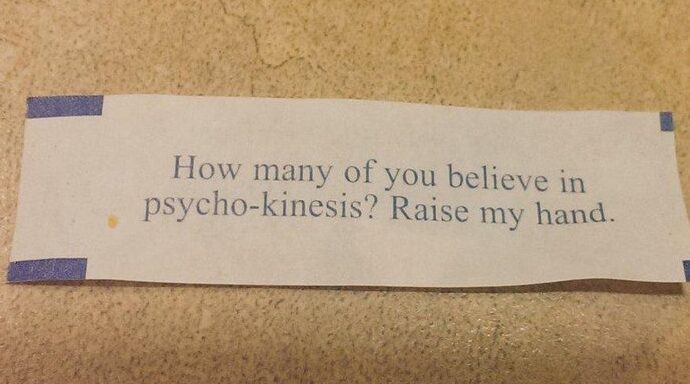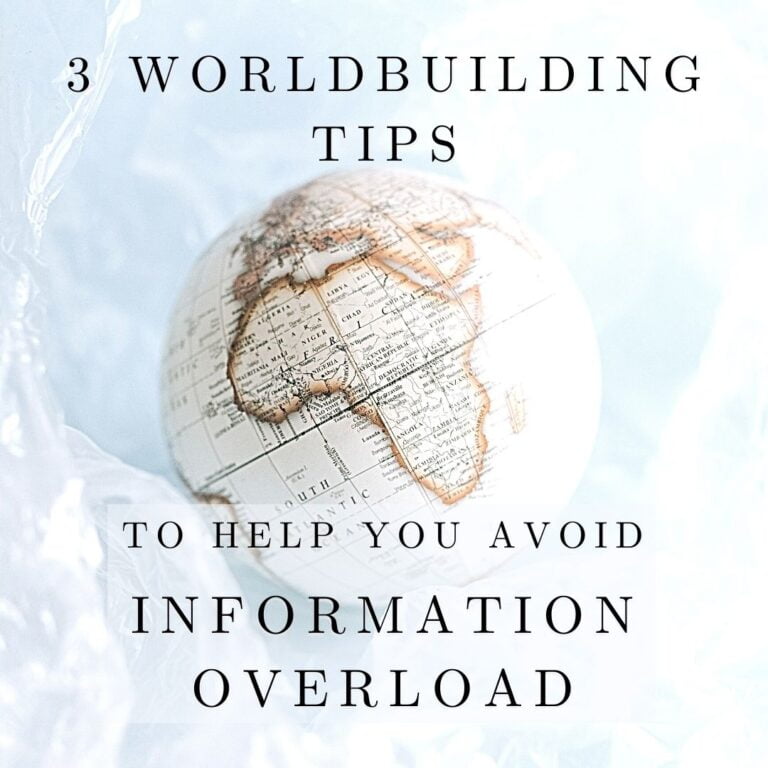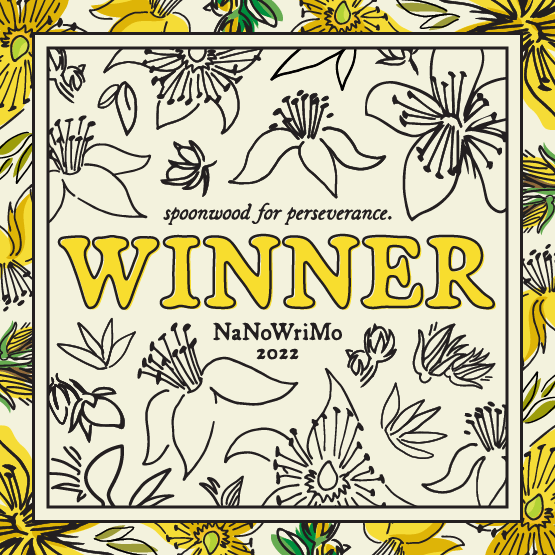If you ask a writer why they’re writing a particular story, you’ll likely hear that they had an idea and had to explore it. My usual answer to this question is that I like to get out of my own head and explore all “what if” scenarios in a controlled environment. Writing is therapeutic. But subconsciousness works in mysterious ways. When writers create stories that fill essential human needs, something truly special happens, and readers might not be able to name it, but they feel it because readers have the same needs.
Tapping into this essential need is what creates stories that resonate the most, stories that are remembered and treasured. The trick is in recognizing them because more often than not it happens by accident.
When writing the first draft of Soul Survivor, I started from a simple concept: what if a medium wasn’t aware that he was seeing dead people? What would he think he was seeing? How would others react? I wanted to explore the idea of how much trust and faith it takes to accept the supernatural forces that can’t be fully explained. The theme of stages of grief wove itself in because the plot involved the death of a loved one.
While writing it, I had a feeling that I was onto something, that it was an important story, and for someone out there, it could be life-changing. I needed to finish it for that person.
I found that my main character did everything in his power to not deal with his pain, to not feel sadness. But pain is an inevitable part of grief, and I knew that by the end of the story, he would have to accept it. Yet when the time came to write the scene in which he made the right choice and accepted his loss, I was stuck. In the end, my character didn’t comply and chose to not deal with his pain yet because he wasn’t ready. It took a lot more effort to get him to accept the inevitable and move on.
I didn’t understand at the time the deeper meaning behind that story. Though I had experienced loss, it wasn’t anywhere near as traumatic as what my character was going through, and I clearly don’t have a supernatural gift. The story was fictional—simply a figment of my imagination conjured for my entertainment.
Or was it something deeper than that?
Just a few weeks after I wrote the scene where my character made the wrong choice to further avoid grief, I was going through my own blues. Life hit me hard with stress coming at me from all directions. My natural coping mechanism is to push the distressing thoughts aside, to avoid the painful state of mind. And this was when I finally made the connection. If my character could accept his pain, his victory would be my victory. It would be as if I had succeeded at the same feat.
I remembered my own thoughts from weeks before:
This story is important. For someone out there, it is exactly what they need to read.
And it dawned on me that I was that someone. I needed to see how this story ended. I needed an assurance that a person who was under emotional turmoil could come to terms with their pain and come out of it stronger. I needed to know that pain is not the destroyer but an evolutionary step in the grand journey to becoming a better version of self.
So while I thought I was writing a fun ghost story, my subconsciousness poured my emotional needs into it, creating something much more important. The hidden message in my story was a lesson about hope and mental wellness.
Why stories are important
Since we could communicate, the human race has always told stories. They existed as lessons for the young generation. They were cautionary or prescriptive tales to help navigate the world. Even stories that appear to exist only for our entertainment hold hidden messages in them. They’re all important.
This has not changed at all. When you think of a “story,” you likely imagine a fairytale, but it is so much broader than that. It’s not surprising that each book or a movie is a story, but let’s not forget other stories we’re exposed to: social media messages, advertisements, news media reports, gossip, or random murals painted on a wall. They’re all doing their job of teaching us how to navigate our world.

Storytellers are important
And that is why storytellers are important. Humans are susceptible to influence. The right message at the right time can inspire great feats—good and bad. It’s important to be aware of what type of message we’re telling. Their effects often spread further than we imagine. Hidden bias and prejudice live as long as we keep telling stories that support them.
So while it is harmless to pursue a story we think we want to tell, it’s important to understand what story we’ve ultimately told, what subtext lesson we’re teaching our audience. Storytellers are the secret to making the world a better place, one story at a time.
Discover more from Isobel Lynx
Subscribe to get the latest posts sent to your email.




